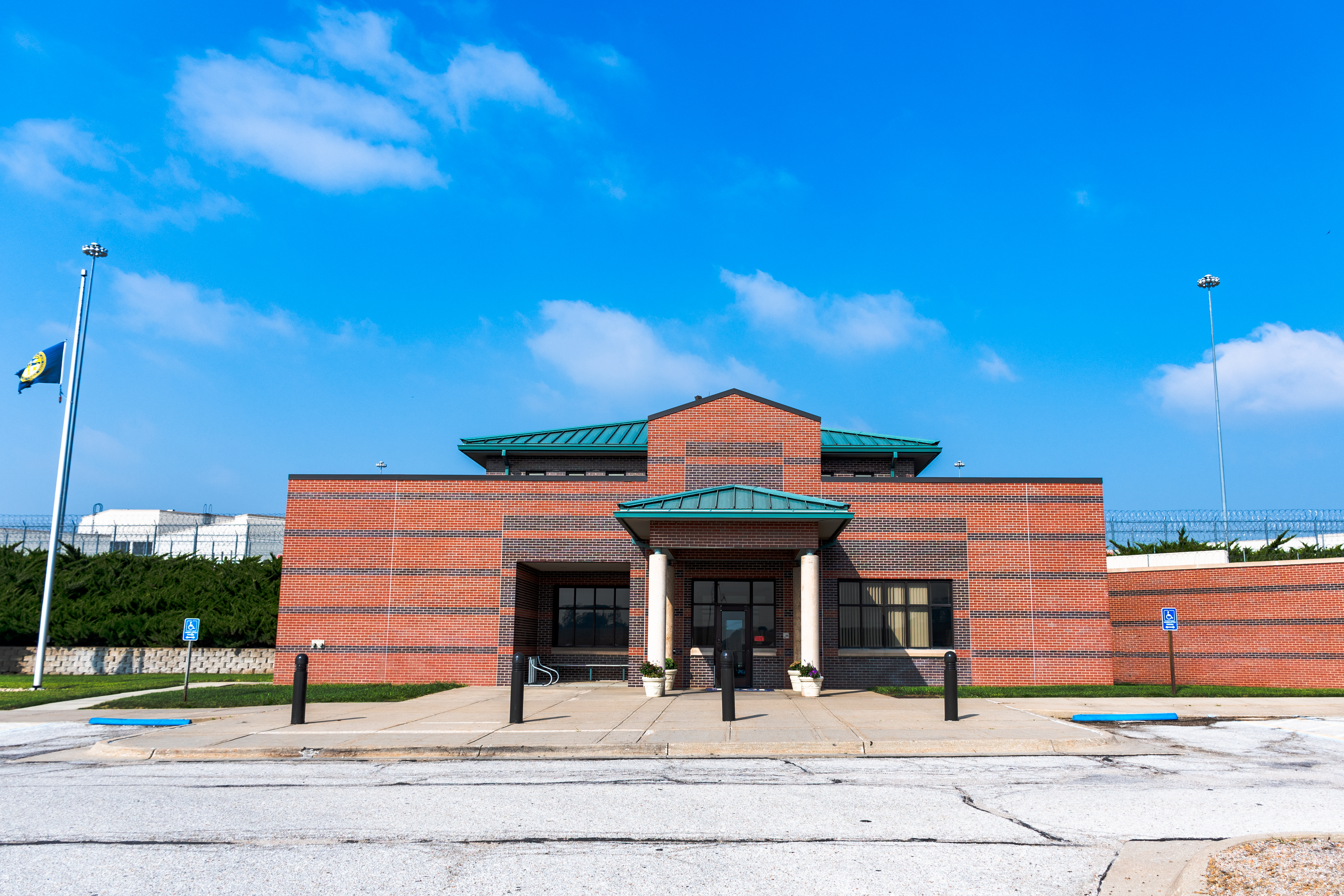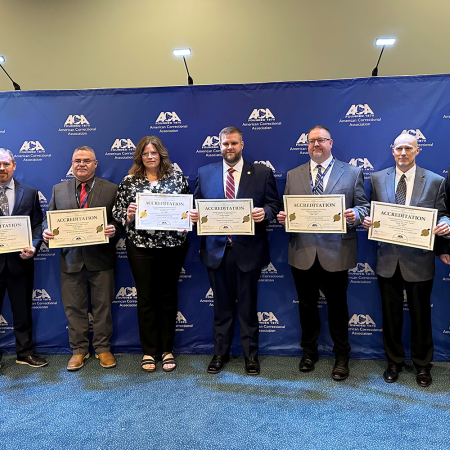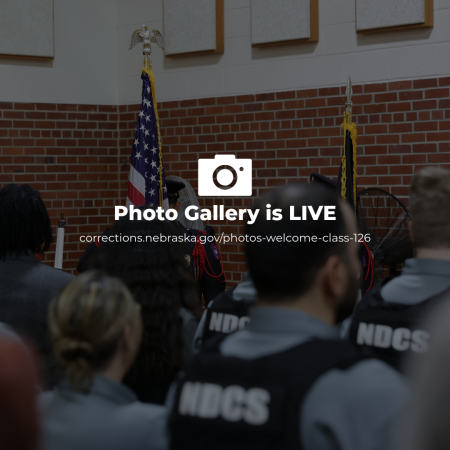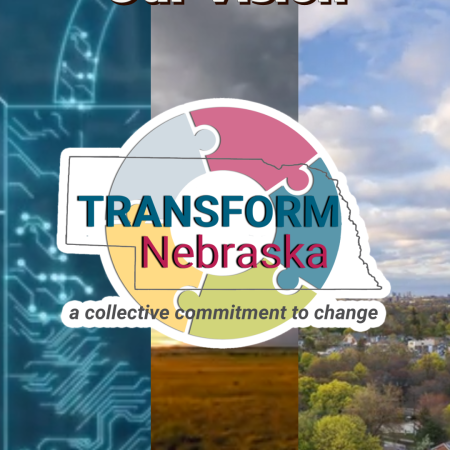
Tecumseh State Correctional Institution

2725 Hwy 50.
Tecumseh, NE 68450
United States
PO Box #900
Tecumseh, NE 68450
United States
The Tecumseh State Correctional Institution (TSCI) was established by LB 150 in 1997. In the spring of 1998 a site two miles north of Tecumseh was selected for the institution and ground was broken in December of the same year. Hiring of initial staff commenced in late spring 2000. TSCI began accepting inmates in December 2001.
TSCI has a ten-bed skilled nursing facility, clinic exam rooms, on-site x-ray, medical laboratory, optometry, and dental.
TSCI is a maximum/medium custody facility for adult males. The facility includes a 194-bed restrictive housing unit and houses inmates sentenced to the death penalty. The death penalty is administered at the Nebraska State Penitentiary.


